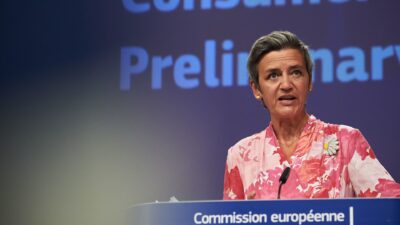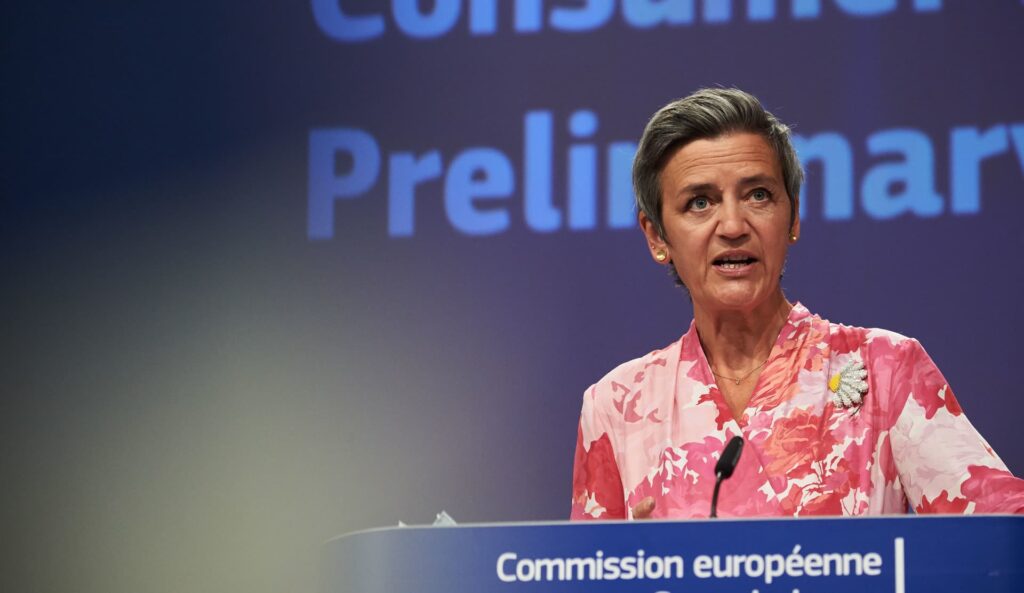
Image: Margrethe Vestager – © European Union, 2021
The European University Institute (EUI) invites you to the conference “Effective remedies vis-à-vis digital platforms: competition policy and sector regulation at a crossroad.” Within the EUI, the event is organised under the umbrella framework of the Technological change and society interdisciplinary research cluster, as a joint venture between the EU Competition Law and Policy Workshop, the Florence Competition Programme (FCP) and the Florence School of Regulation, Communications and Media (FSR C&M).
The conference aims to gather academics, practitioners, officials from national competition and regulatory authorities, EU institutions, as well as industry representatives to discuss the growing interaction of competition policy and sector regulation in relation to the remedies imposed on digital platforms.
Margrethe Vestager, Executive Vice-President of the European Commission, will open the Florence Competition Summer Conference with a key-note speech.
Background
During the past decade, the European Commission and a number of National Competition Authorities (NCAs) in Europe have increasingly investigated the anti-competitive conducts by dominant online platforms. In addition, the recent investigations by the US Department of Justice (DoJ) in Google Search and by the US Federal Trade Commission (FTC) in Facebook show that antitrust enforcement vis-à-vis dominant digital platforms are now a priority on the other side of the Atlantic too.
Besides antitrust enforcement, the conduct by digital platforms is also at the centre of a new wave of sector regulation in Europe. In December 2020, the European Commission published the proposal for a new Digital Markets Act (DMA), aiming at regulating digital gatekeepers’ market conduct. Meanwhile, the UK Competition and Market Authority (CMA) published a proposal to establish a Digital Markets Unit, in charge of negotiating code of conducts with online platforms that enjoy the ‘strategic market status’. While the DMA and the CMA’s report are ‘proposals’, currently assessed by policymakers in Brussels and London, in January 2021, the German Parliament passed the tenth amendment to the Gesetz gegen Wettbewerbsbeschränkungen (GWB, German competition act). Under the new Section 19(a) GWB, the Bundeskartellamt can prohibit a number of conducts by companies of ‘paramount significance in different markets’ (i.e. digital conglomerates) without the need of proving a competition law infringement.
In view of the latest policy developments, competition policy and sector regulation increasingly interact vis-a-vis digital platforms. A common issue in both domains is how to design ‘effective’ remedies, capable of safeguarding competition in the market while preserving the efficiencies that characterise digital markets. In particular, there is a growing consensus that a traditional cease-and-desist order coupled with a fine represent ineffective remedies, unable to restore competition in digital markets.
The Florence Competition Summer Conference aims to discuss the effectiveness of ‘alternative’ remedies vis-à-vis digital platforms, such as data portability, the establishment of data’ silos’, and the divestiture of the platforms’ assets. In addition, the conference also explores the auditing of algorithms as well as the role of interim measures, revamped in 2019 by the European Commission in the Broadcom case, in the context of investigations concerning the behaviour of dominant digital platforms.
Speakers
Videos
Practical information
The conference is organised in a ‘hybrid’ format: while invited speakers should be present at the EUI campus in Florence, the audience will be able to follow some conference sessions online.
The conference will be broadcast via Zoom, with the exception of the last session concerning the auditing of algorithms. Participation in the conference is free of charge. However, prior online registration is required in order to receive the Zoom credentials.

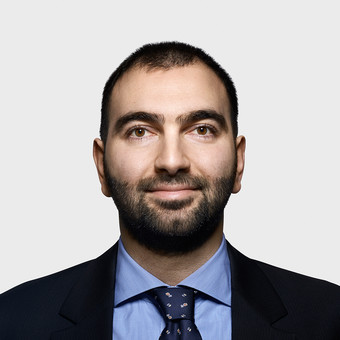 Bruno Basalisco
Bruno Basalisco Marco Botta
Marco Botta Giacomo Calzolari
Giacomo Calzolari Stefan Hunt
Stefan Hunt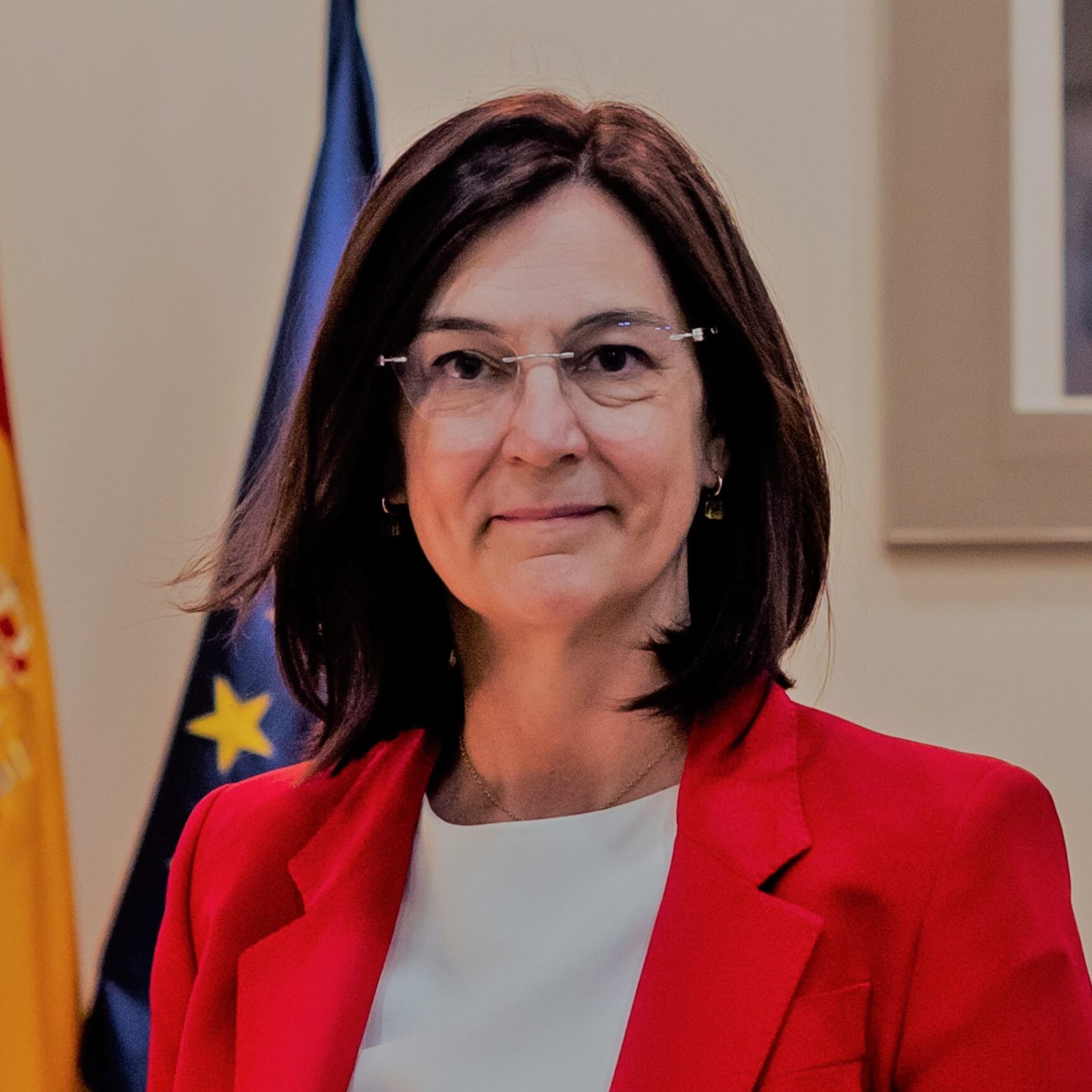 Cani Fernández
Cani Fernández Michal Gal
Michal Gal Inge Graef
Inge Graef Hein Hobbelen
Hein Hobbelen Massimiliano Kadar
Massimiliano Kadar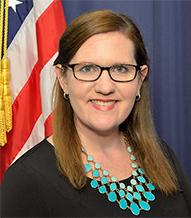 Rebecca Kelly Slaughter
Rebecca Kelly Slaughter Assimakis Komninos
Assimakis Komninos William Kovacic
William Kovacic Philip Lowe
Philip Lowe Pier Luigi Parcu
Pier Luigi Parcu Yves-Alexandre de Montjoye
Yves-Alexandre de Montjoye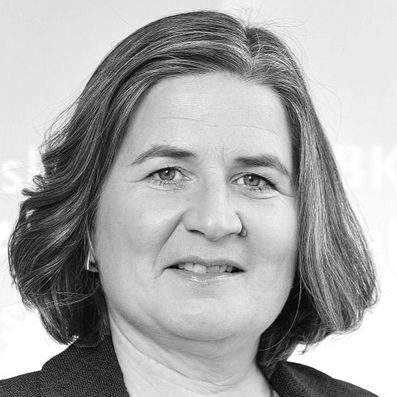 Silke Hossenfelder
Silke Hossenfelder Kai Neuhaus
Kai Neuhaus Jorge Padilla
Jorge Padilla Nicolas Petit
Nicolas Petit Rikke Riber Rasmussen
Rikke Riber Rasmussen Fiona Scott Morton
Fiona Scott Morton Isabelle de Silva
Isabelle de Silva Mario Siragusa
Mario Siragusa Alexandre De Streel
Alexandre De Streel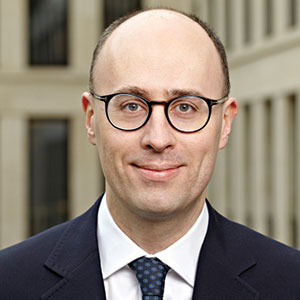 Nicola Tosini
Nicola Tosini Christo Wilson
Christo Wilson

